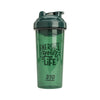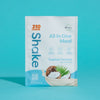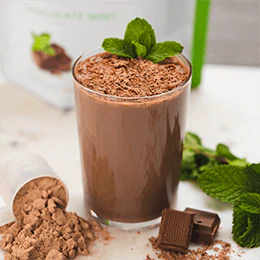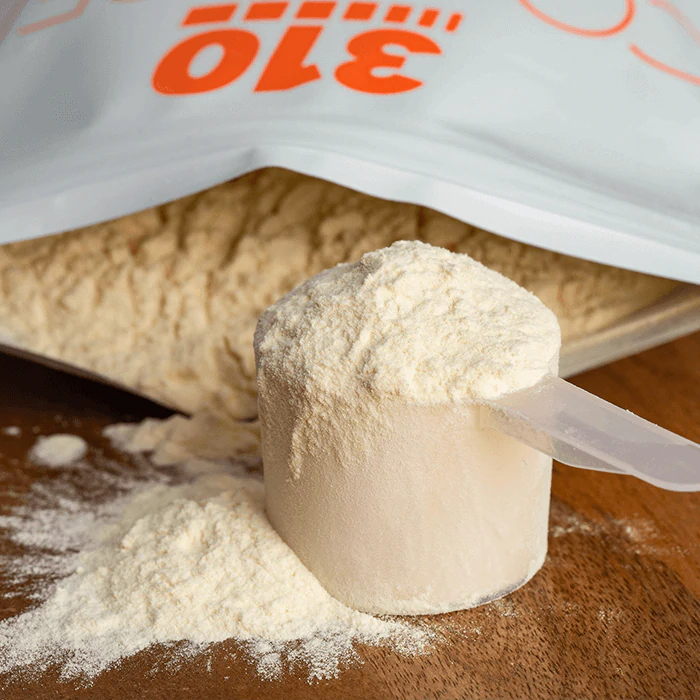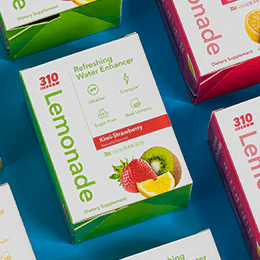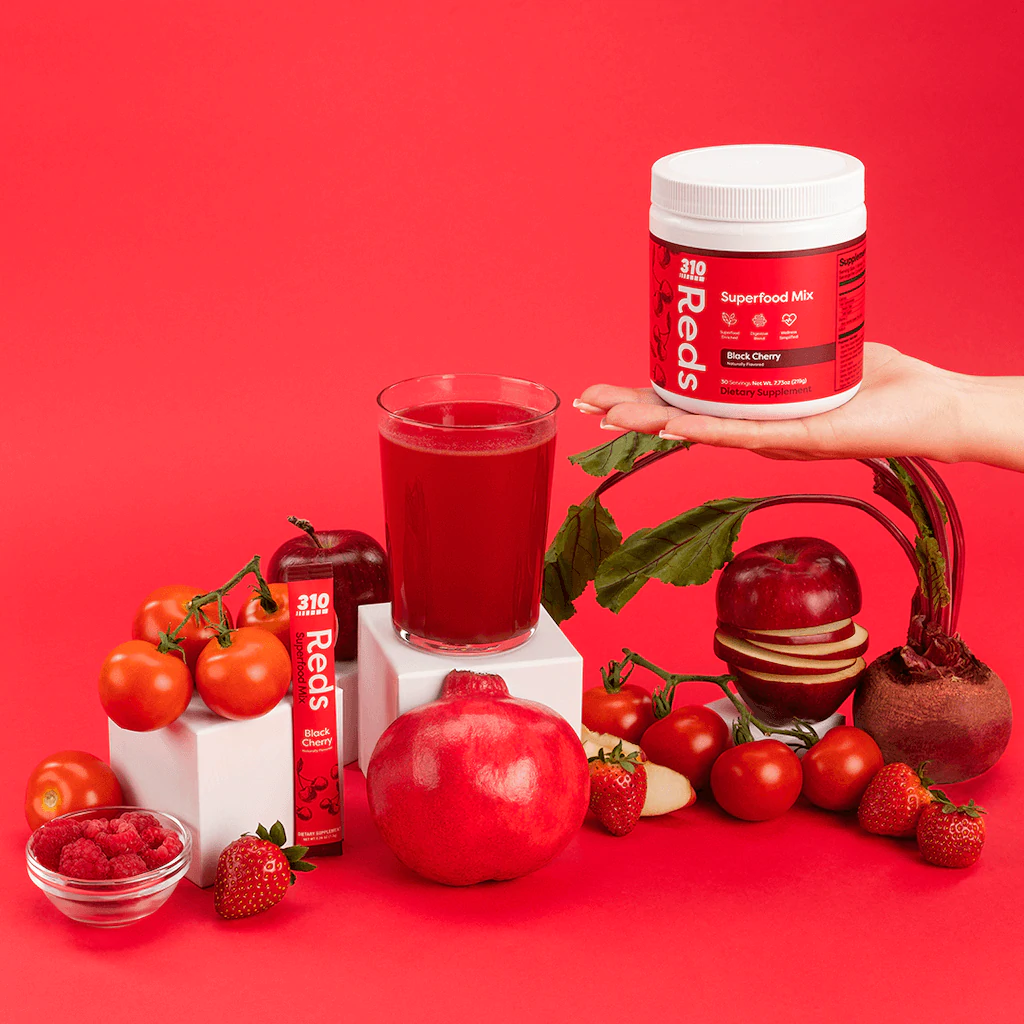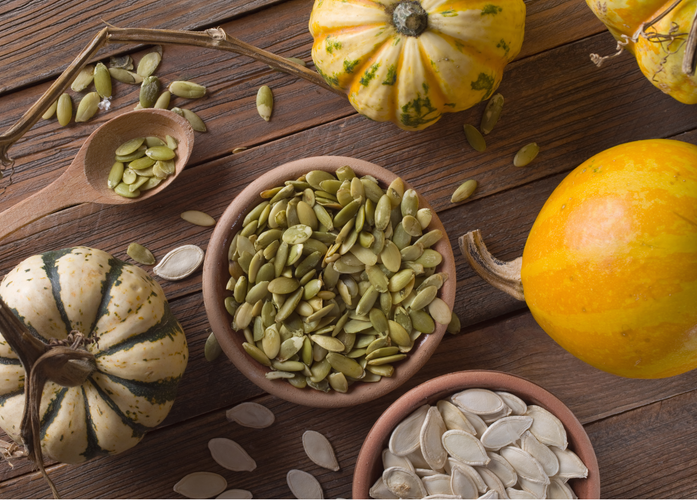Meal replacement shakes are an important part of your healthy weight loss journey. However, not all meal replacement shakes are the same. One of the biggest differentiators between a healthy and unhealthy meal replacement shake is the quality and quantity of its protein.
Protein can complement the weight loss process by helping to manage your appetite while supporting a healthy metabolism. Higher protein levels in your diet can not only help you feel more full but can help reduce late-night snacking and overeating, which are common pitfalls for anyone trying to lose weight.
Given that one of the biggest barriers to weight loss is food craving while reducing food consumption, a meal replacement shake rich in protein will help make that weight loss journey a lot easier.
So what exactly is protein, why do you need it, and what are the best types of protein for your meal replacement shake? Read on to find out!
What Is Protein?

Protein is made up of basic building blocks called amino acids. There are 20 different types of amino acids that combine in long chains to make a protein. Protein plays many important roles in your body, including the structure, function, and regulation of your body’s tissues (like muscle tissue) and organs.
Our body needs protein to survive, but we cannot store amino acids in the body. Some amino acids, known as essential amino acids, must come from your food because the body cannot produce them naturally.
The average adult needs to eat over seven grams of protein for every 20 pounds of body weight. This means that if you’re a 150-pound person, you would need to consume around 52 grams of protein each day.
Different Types of Protein
It’s important to consider the source of your protein as part of your weight loss solution to ensure your body is getting a complete protein intake. A “complete” protein source contains all the needed amino acids for making new protein in the body, a process otherwise known as protein synthesis.
Some protein sources are complete proteins, while others are not. Most plant-based protein sources (such as pea, wheat, or oat) are not complete proteins. This means they don’t contain the right amount of amino acids to support protein synthesis.
However, this is easily addressed by combining your plant-based protein sources to create a complete and healthy protein solution. For this reason, a healthy meal replacement shake for optimal weight loss and satiation uses a blend of plant-based protein rather than relying on one type of protein.
This is why 310 Shakes contain a Tri-Plex™ protein blend of pumpkin, pea, and brown rice protein. Blending plant proteins, as opposed to relying on one kind of protein, offers optimal health benefits. Where one protein source lacks, another combines to create a more complete protein solution.
Read on for more information about why 310 offers an ideal blend of plant-based protein and what the differences are between the different protein sources, including some of the most common ones found in meal replacement shakes...
Animal-based protein sources

Just because a protein source is a complete protein does not mean that it’s 100% healthy. For example, most animal-based protein sources, such as meat, eggs, dairy, and fish, tend to be complete proteins.
Yet, a lot of animal-based protein sources contain high amounts of sodium and saturated fats. Someone with a diet consisting mostly of meat or other animal-based proteins would be putting themselves at risk for certain health concerns like diabetes, heart disease, and obesity.
For someone looking to lose weight, it’s important to focus on healthier plant-based proteins instead of only consuming your protein through meat sources.
Soy protein

Soy protein is a plant-based protein that comes from the soybean. Soy protein is a complete protein, which is not as common for plant-based versus meat-based proteins. This means it contains a high concentration of amino acids which play a helpful role in the body from supporting muscle growth to energy and performance.
Yet, soy has become a controversial protein source due to its potential risks of estrogenic hormone disruptions in the body, as well as other potential health risks. Given soy is a controversial ingredient with potential adverse health effects, 310 Shakes do not contain soy protein.
Whey and casein protein

Whey and casein protein are two of the most popular protein powders used in both protein and meal replacement shakes. Their popularity stems from the fact that they’re both easily absorbed by the body and are both complete proteins, containing all the essential amino acids your body needs. Both whey and casein protein are found in dairy products, such as milk, and are both byproducts of cheese production.
Whey and casein are very similar proteins, but they differ when it comes to amino acid availability and absorption times in the body. Whey protein has immediate amino acid availability and quicker digestion making it the “fast protein”. Casein protein gradually releases amino acids earning it the name “slow protein”. Given its quick absorption, whey protein is often the preferred choice for protein and meal replacement shakes.
The downside to whey and casein protein is that some research has found that these proteins could cause gastrointestinal discomfort, especially for those who have an allergy or sensitivity to dairy products. Given their dairy sensitivity, they’re not ideal for all people looking to lose weight.
Milk protein concentrate

Milk protein concentrate is a milk protein powder created from filtering, evaporating, and drying skim milk. Milk protein concentrate contains both casein and whey protein. The level of protein depends on how you make and classify the concentrate. Most milk protein is between 42% to 85% protein.
One meal replacement shake makes the promise that their milk protein concentrate shake “provides up to four hours of hunger control to keep you on track.” Given the variance in milk protein content, this is not a promise that a meal replacement shake can accurately make. However, milk protein concentrate is a high protein source with a complete amino acid composition.
The process of creating the milk powder removes all or most of the minerals from this protein source. This means that healthy meal replacement shakes with milk protein concentrate benefit from a blend of multiple protein sources. This creates a more well-rounded and healthy option. Also, given it’s a dairy product, this protein solution is not recommended for users with a dairy allergy.
Tri-Plex™ Protein Blend

310 Shakes contain a blend of three different plant-based proteins to form a healthy and complete protein solution. These three proteins include pea, pumpkin seed, and brown rice protein. Each component of this Tri-Plex™ blend has researched-backed benefits that support overall health and weight loss.
Pea protein comes from yellow split peas and is a high protein source with around 80% protein content. This is high for a plant-based protein. For comparison, eggs only contain around 51% protein. Pea protein powder is also especially rich in the essential amino acids BCAAs. Studies have shown that the high protein content in pea protein may help you feel full for longer and could help lower your blood pressure.
Pumpkin seed protein is not a complete protein since it’s low in the essential amino acids threonine and lysine. This protein still offers amazing health benefits, since there’s evidence that it may have antioxidant and anti-inflammatory properties that could help protect against certain diseases. Complemented with the high protein content of pea protein, pumpkin seed protein adds a great layer of nutrition to 310 Shakes, with high amounts of magnesium, zinc, iron, and other minerals.
Brown rice protein, like pea protein, is a good source of BCAAs that support muscle growth. Brown rice protein has one of the highest protein contents among plant-based protein sources. Given the variance in amino acid composition among these protein sources, 310 Nutrition’s Tri-Plex™ protein blend combination provides a higher quality protein.
Best for Protein: 310 Meal Replacement Shakes
With a healthy blend of 15 grams of plant-based protein, 310 Shakes assist in your weight loss journey. Our shakes help to reduce your cravings throughout the day while supplying your body with all the essential amino acids it needs.
Many other meal replacement shakes, on the other hand, contain as little as two to nine grams of protein per serving in their shakes. This likely is not enough to keep you feeling full throughout the day or for supporting muscle recovery.
Not only that, but at 310 we focus on building a community around healthy weight loss supporting you with everything from clean eating to delicious shake recipes. For us, it’s not just about weight loss, it’s about feeling more confident, healthy, and happy in your body.
Looking for more healthy weight loss tips? Check out our 5 steps to healthy weight loss and our clean eating guidelines so you can get started on the right foot for your weight loss journey!
Sources

